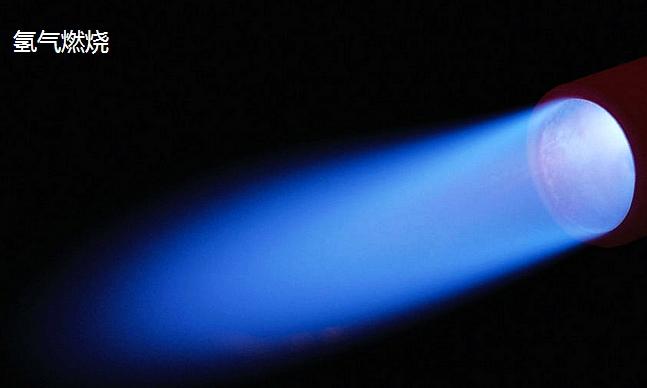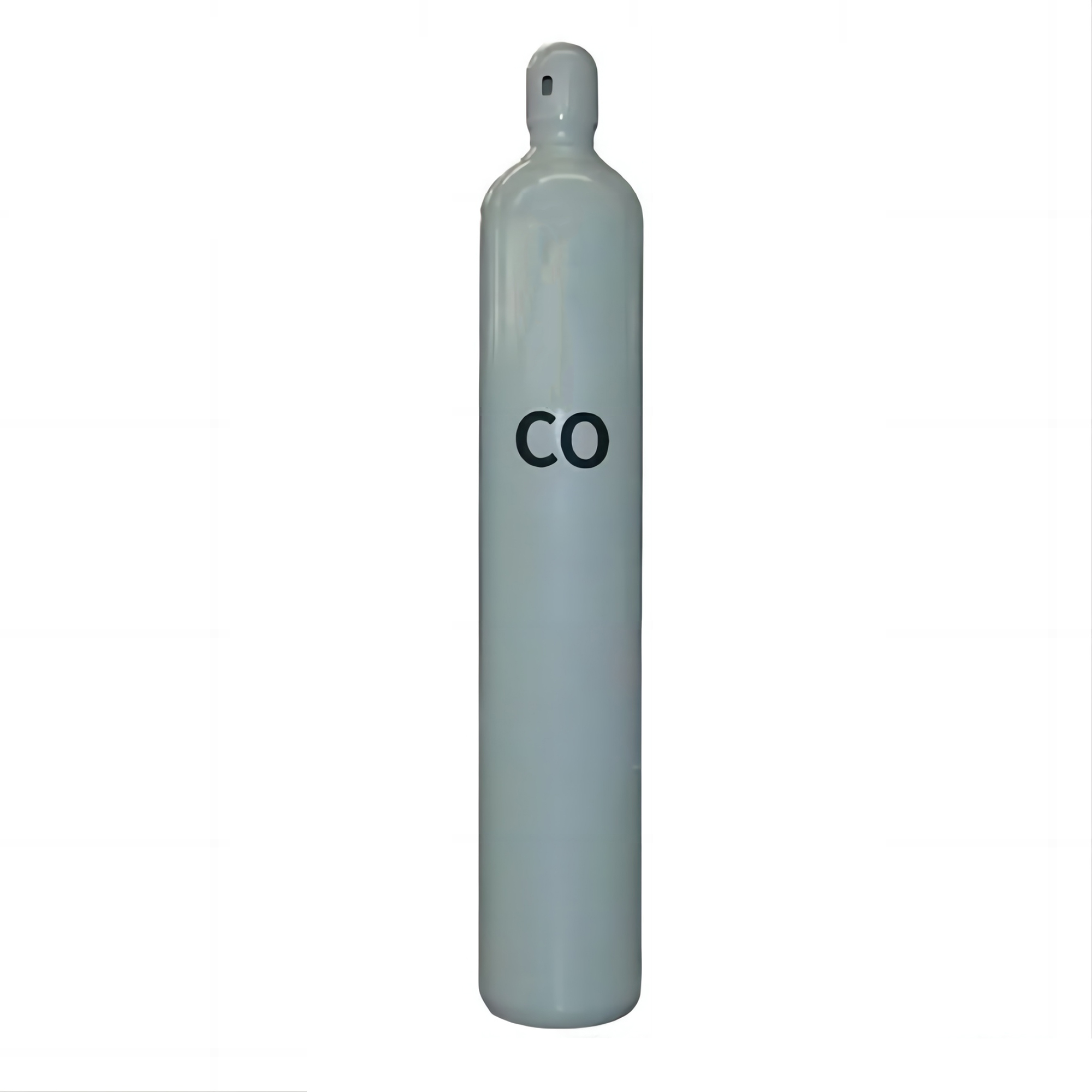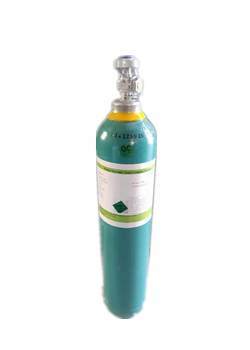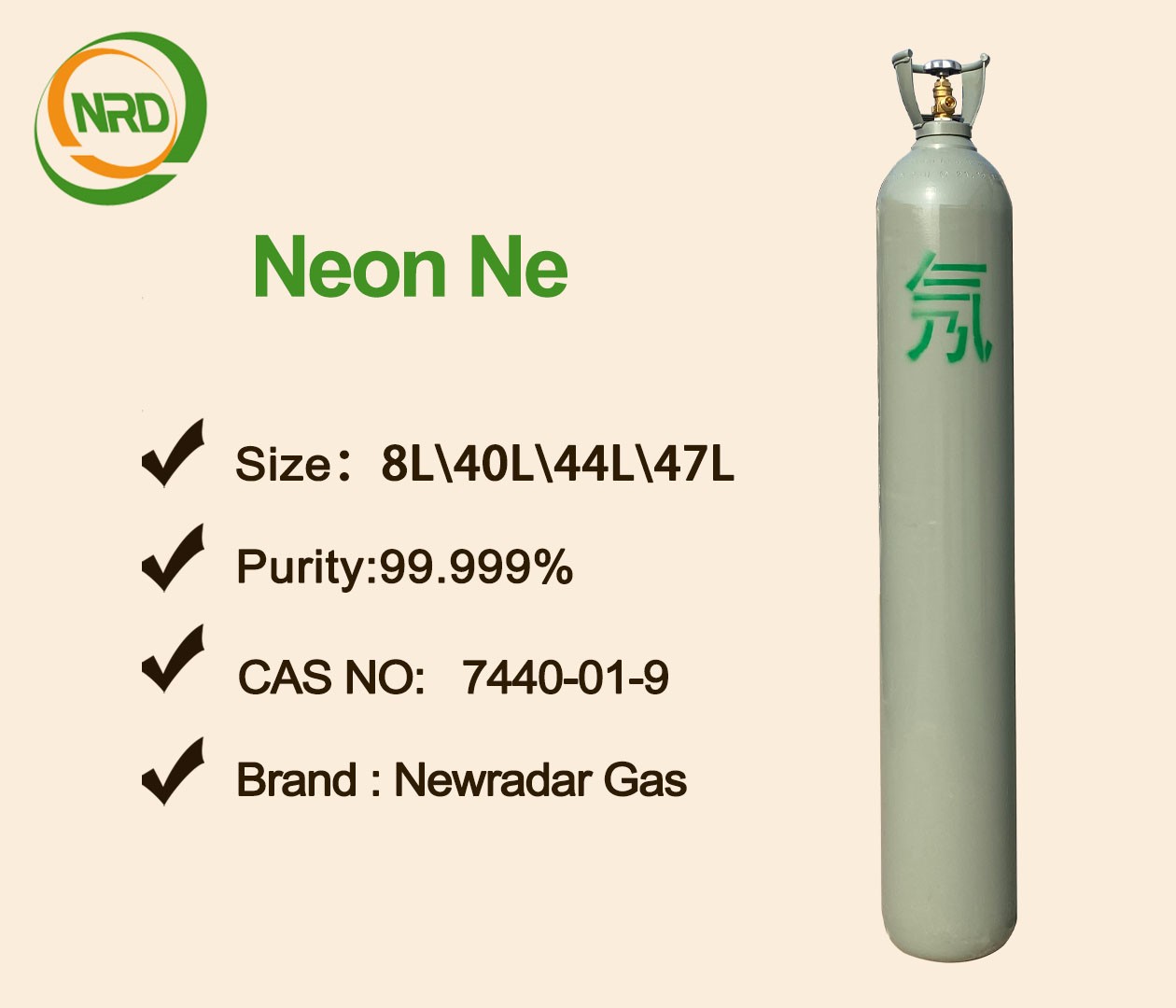Why hydrogen widely used as a fuel?
Although hydrogen is not very reactive in its usual state, it can form compounds with most elements. Hydrocarbons are known to number in the millions, but they cannot be made by combining hydrogen and carbon directly. Hydrogen reacts with more electronegative elements, such as halogens, where hydrogen has an oxidation state of +1.
When hydrogen is bonded with fluorine, oxygen, and nitrogen, a strong non-covalent bond can be formed, which is called hydrogen bond. Hydrogen bonding is important for many biomolecules. Hydrogen also forms compounds with less electronegative elements, such as reactive metals, where hydrogen usually has an oxidation state of -1. Such compounds are called hydrides.
The compounds formed by hydrogen and carbon, because of their relationship with living things, are often referred to as organic matter, the study of organic matter is called organic chemistry, and the study of the role of organic matter in living things is called biochemistry.
Hydrogen combustion
By some definitions, "organic" requires only carbon. But most compounds that contain carbon usually contain hydrogen. The unique properties of these compounds are mainly determined by carbon-hydrogen bonds. So sometimes the definition of an organic substance requires that the substance have carbon-hydrogen bonds.
In inorganic chemistry, H- can be used as a bridging ligand to connect two metal atoms in a complex. Such properties are typically found in groups 13, especially in boranes, aluminum complexes, and carboranes.





 Facebook
Facebook YouTube
YouTube LinkedIn
LinkedIn Twitter
Twitter